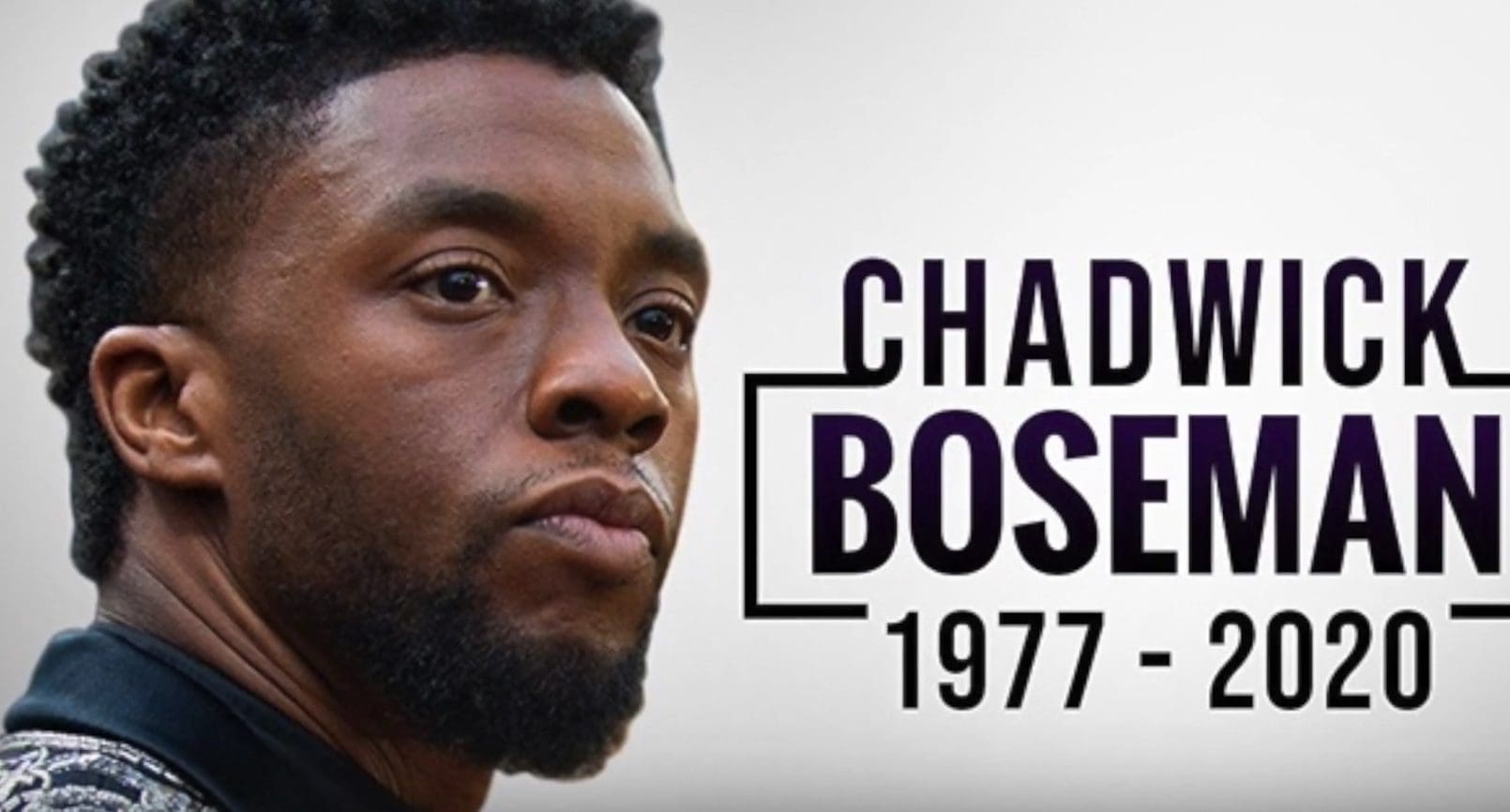Search Posts
Recent Posts
- Rhode Island Weather for May 31, 2025 – Jack Donnelly May 31, 2025
- Burn with Kearns: Fix Your Foundation: Core, Mobility & Joint Health – Kevin Kearns May 31, 2025
- In the News… quick recap of the week’s news (5.31.25) May 31, 2025
- Business Beat: Navigant CU receives prestigious Community Impact Award from NEACH May 31, 2025
- To Do in RI: Taste of Rhode Island. Food, libations, entertainment, auction for Matunuck Oyster Bar May 31, 2025
Categories
Subscribe!
Thanks for subscribing! Please check your email for further instructions.

“Black men don’t make this a priority…” – Jim Vincent
Black men don’t’ make this a priority. If you die, it robs your family, robs the community. The philosophy is simple – be diligent, be consistent.” — Jim Vincent, President of Providence NAACP
Black Community Disproportionately Affected by Colon Cancer – NAACP Providence President Urges Screening
The statistics are staggering. African Americans are 20% more likely to get colon cancer and 40% more likely to die from the disease than any other racial group. That is why University Gastroenterology – Southern New England’s largest gastroenterology practice – is launching a campaign coinciding with Black History Month aimed at informing the Black community about the symptoms, the risks, and the importance of knowing your family history.
“While Colorectal Cancer Awareness Month isn’t until March, we wanted to jump-start our efforts and reach out specifically to the Black community,” said Dr. Eric P. Berthiaume, UGI president. “The death of actor Chadwick Boseman earlier this year put a spotlight on the fact colon cancer is not only affecting an increased number of younger people in general but that the African American population is bearing the brunt of that increase.”
During February, UGI will be:
-Creating Public Service Announcements
-Launching #KnowYourFamilyHistory Social Media Campaign
-Distributing Digital Flyers for Display at Churches, Barber Shops, Other Community Organizations
-Collaborating with NAACP Providence

Jim Vincent, president of the NAACP Providence, is scheduled for his routine colonoscopy this month. It’ll be his seventh screening.

“I do all of the screenings available, prostate, eyes, colonoscopy. I’m serious about preventative maintenance, detecting things early. I practice what I preach. I can be a role model as a black man, an example of being healthy,” Vincent said. “For black men, it is a message that needs to put out there much more. Black men don’t’ make this a priority. If you die, it robs your family, robs the community. The philosophy is simple – be diligent, be consistent.
Colon cancer is a slow-progressing disease that – if caught early – can be extremely treatable. Colonoscopy often detects cancer before symptoms present or can even prevent it altogether with the removal of pre-cancerous polyps. However, statistics show Caucasians are twice as likely to undergo colonoscopy than African Americans. As a result, Black people are more likely to be diagnosed with the disease in advanced stages, leading to a worse prognosis.
“By the time a patient presents with symptoms, the disease has often progressed to advanced stages. That’s why knowing the risks for colon cancer, specifically family history, is so key. If your doctor is made aware that the disease runs in your family, he or she is going to suggest you get screened earlier. So, while uncomfortable, it’s worth having that conversation about colon cancer with your loved ones,” Berthiaume said.
The American Cancer Society recently lowered the recommended screening age from 50 to 45 for those at average risk of colon cancer. Those at higher risk for the disease may need to have a baseline screening even earlier than that, including those with:
-A family history of colorectal cancer or certain types of polyps
-A personal history of colorectal cancer or certain types of polyps
-A personal history of inflammatory bowel disease (ulcerative colitis or Crohn’s disease)
-A known or suspected family history of a hereditary colorectal cancer syndrome, such as familial adenomatous polyposis (FAP) or Lynch syndrome (also known as hereditary non-polyposis colon cancer, or HNPCC)
-A personal history of radiation to the abdomen (belly) or pelvic area to treat a prior cancer
Everyone, even those under the age of 45, should be aware of the signs of colon cancer and consult with a doctor if experiencing:
-A change in bowel habits, such as diarrhea, constipation, or narrowing of the stool, that lasts for more than a few days
-A feeling that you need to have a bowel movement that’s not relieved by having one
-Rectal bleeding
-Blood in the stool, which might make the stool look dark brown or black
-Cramping or pain in the abdomen (belly)
-Feeling tired or weak
-Losing weight without trying
About University Gastroenterology

The Mission of University Gastroenterology (UGI) is to provide comprehensive gastrointestinal care in a patient-friendly setting. By using the newest medical technology and implementing the highest clinical standards, the physicians of UGI are dedicated to providing treatment for a wide array of gastrointestinal and liver diseases. For over 30 years, University Gastroenterology has been privileged to serve the communities of Southern New England. We appreciate the trust and confidence of our patients and referring physicians and look forward to your visit.
More information at universitygi.com »

JIM – May we share this perfect post? Ray Rickman@Stagesoffreedom.org
Please do!